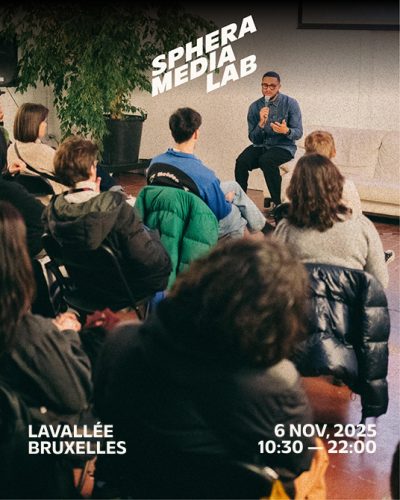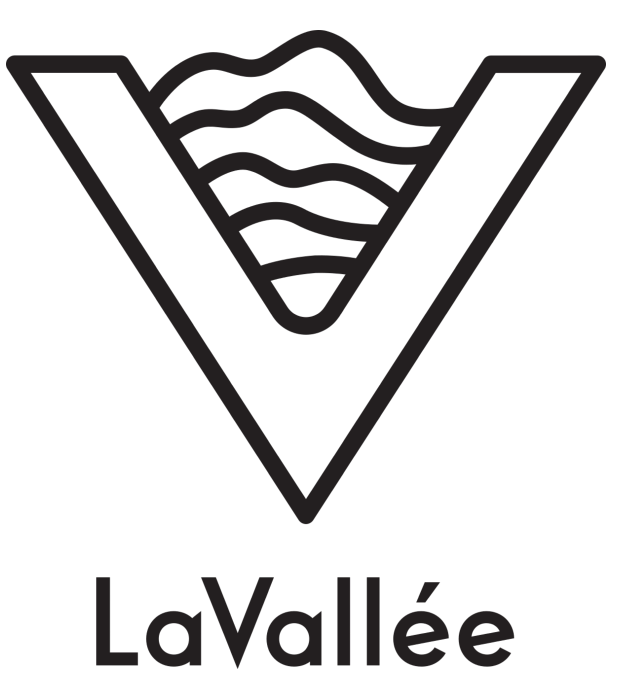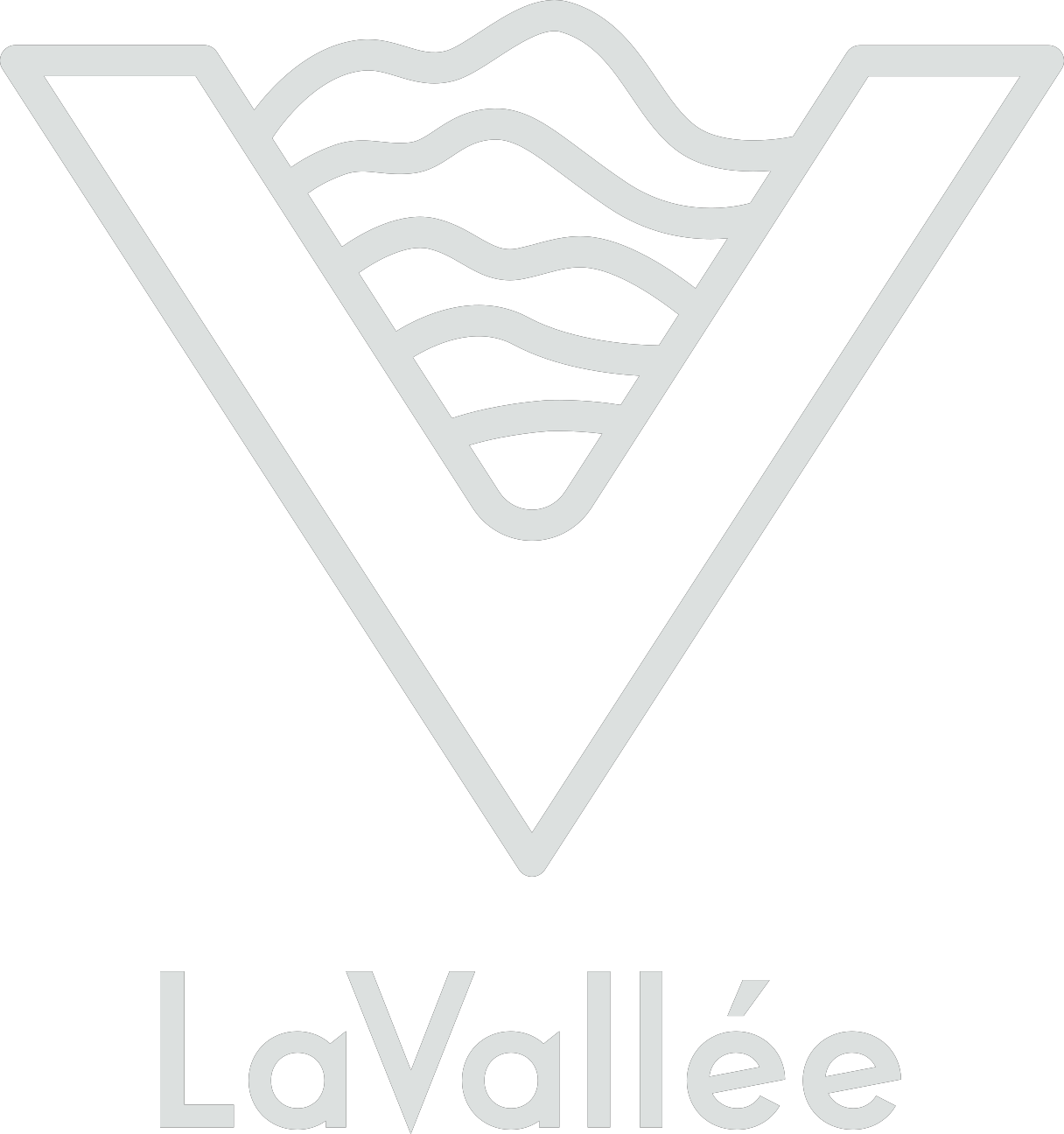
- Cet évènement est passé.
Sphera Media Lab
6 novembre, 2025 |10:00 - 22:00

On November 6, European Lab and Sphera are joining forces for a new edition of Sphera Media Lab, bringing together independent media players from across Europe.
For one day, journalists, activists and creatives will explore the future of information, fast-evolving technologies, and shifting audiences.
Join us for an exciting programme of live conversations, workshops, screenings and face-to-face encounters to connect with the voices shaping independent media.
Independent media are facing an unprecedented convergence of crises. As far-right movements gain ground across borders and new laws increasingly target press freedom, many newsrooms are confronting legal threats, intimidation, and shrinking public funding. At the same time, media concentration, platform dominance, and technological upheavals—from artificial intelligence to platform algorithms—are destabilising how journalism is produced, distributed, and funded.
In this context, technology is a double-edged sword. While it offers potential for innovation and efficiency, it also deepens existing vulnerabilities: automated content threatens editorial integrity, algorithmic gatekeepers disrupt audience reach, and the digital infrastructure often remains in the hands of powerful intermediaries. The erosion of trust, visibility, and financial sustainability is not just a technical matter—it is deeply political.
This new edition of the Sphera Media Lab aims to go beyond diagnosing the threats. It is a space for exploration and action. How can independent media reclaim autonomy in the face of platform dependency? What new models of ownership, collaboration, and revenue can support editorial freedom? Where are journalists and communities already resisting, adapting, and thriving?
Thursday 6 November
10:30 – 12:30
Workshop · Take Back (Tech) Control, Time to Be Concrete
How can independent media reclaim control over their digital presence in a landscape dominated by Big Tech platforms? This workshop dives into the real-life implications of media’s decision to leave X, but also Instagram and Facebook, to explore both the necessity and the challenges of stepping away from corporate social media. It is about mapping out concrete strategies, sharing alternative tools, and rethinking what sustainable, independent visibility online could look like beyond the grip of Big Tech for a more balanced and fair media scene.
With:
Louis Van Ginneken (Médor)
Owen Huchon (Médianes)
10:30 – 12:30
How to Survive as a European-Focused Content Creator?
In today’s oversaturated content era, more and more creators manage to stand out by developing engaging formats and addressing key contemporary issues. But how do they handle their economic models while preserving independence? How is it possible to produce impactful content on topics such as climate activism, European affairs, social inclusion, and politics?
During this two-hour session, three figures from the European content creation landscape will share concrete tips and tools for navigating the social media jungle. From podcasts to video, they will explain what it takes to produce content that truly matters—while making it work as a sustainable practice.
With:
Chloé Mikolajczak (The Green Monki)
Evi Kiorri (Europod)
Vinz Kanté (LIMIT)
10:30 – 12:00
Talk • Challenges and Opportunities of New Technologies for Reporting on Palestine
How do emerging technologies reshape the landscape of journalism in contexts of extreme violence? On the one hand, open-source tools, satellite imagery, and digital platforms have enabled unprecedented documentation and investigation of events in Gaza, offering new ways to expose truths and challenge dominant narratives, silences, and denials. Yet, these same technologies—surveillance systems, AI-driven targeting, algorithmic bias, and the weaponisation of social media—have facilitated mass violence, censorship, and disinformation, accelerating a genocide against Palestinians. While Gazan journalists are being killed by the Israeli army, and international journalists are being denied their right to cover the strip, how can technology be used to investigate, do justice for lost Gazan journalists, and make Israel accountable? This is about interrogating this double-edged role of technology: as both a tool for accountability and a mechanism of oppression. Gaza is not only a case study, it is a warning—and a call to rethink how we use and govern technology in the struggle for justice.
With:
James Kleinfeld (Journalist / ex-AJ Investigation)
Marwa Fatafta (Access Now)
Youssr Youssef (Journalist / ex-Forbidden Stories)
Moderation: Souria Cheurfi (Journalist)
14:30 – 16:30
Workshop • AI Ethics Training
Artificial intelligence is no longer an abstract future for journalism—it is already shaping how news is produced, distributed, and consumed. From automated writing and fact-checking to algorithmic curation and audience analytics, AI introduces both opportunities and risks that go to the core of media ethics. Questions of transparency, accountability, and bias are unavoidable, as are the challenges of defining how regulation should intervene. This workshop will delve into the concrete implications of AI for journalism: how these technologies are changing newsroom practices, where ethical red lines may lie, and what frameworks might guide a responsible and sustainable use of AI in the media landscape.
With:
Bárbara Lazarotto (Vrije Universiteit Brussels)
14:30 – 16:30
Workshop • Independent Media Against Russian Imperialist Narratives
In this workshop, we will talk about Russian propaganda – how to recognize it, react, and resist. Together, we will dive into how it works – from obvious lies and political narratives to memes that don’t look political at all. We will discuss our experience as independent media workers and talk about how to recognize manipulation, how to react smartly, and how to educate your audience and build a media-literate community that doesn’t fall for emotional traps or fake “both sides” stories. The goal is to share practical tools and real examples, so you can spot disinformation before it spreads, respond without amplifying it, and help your audience do the same. Because resisting propaganda isn’t just about fact-checking — it’s about keeping trust, critical thinking, and integrity alive in our media spaces.
With:
Indrė Kiršaitė (NARA)
Arysia Chernobay & Yurii Kapluchenko (Lyuk Media)
15:00 – 18:00
Screenings • Sphera Documentary Film Screenings
14:00 – 14:30 | Hey Mate! French GenZ Standing Up for the Right to Study
With: Maria Russo (VD News), Samuele Maccolini (VD News)
14:40 – 15:20 | The Budapest Affair
With: Thomas Porlon (StreetPress)
15:30 – 16:05 | Working 9 to 9: Living or Surviving?
With: Ioannis Tsioulis (Popaganda)
16:15 – 16:45 | Beyond the Glitter: When Drag Gets Political
With: Alexandra Tyan & Belligerency (Médianes)
14:30 – 15:30
Talk • AI, Algorithms, and the Threat to Media Independence
Artificial intelligence poses significant challenges to media independence through its dual role in content moderation and curation. Increasingly, content moderation on major platforms is handled by AI-driven systems, which are prone to errors and often shaped by commercial or political interests rather than journalistic or democratic values. This not only risks unjust censorship but also opens the door to AI-powered harassment campaigns against journalists, contributing to rising levels of self-censorship. At the same time, a handful of internet intermediaries, guided by profit rather than public interest, control the curation, distribution, and monetisation of news. AI systems tailor content to users based on surveillance of their online behaviour, reinforcing echo chambers and filter bubbles. This undermines access to diverse, high-quality information and shifts media consumption towards personalised, market-driven experiences, to the detriment of informed public debate.
With:
Francesco Marino (Pillole di Futuro Presente)
Heritiana Ranaivoson (Vrije Universiteit Brussels)
Sylwia Czubkowska (Author & Podcaster)
Moderation: Nastasia Hadjadji (Journalist)
15:45 – 16:45
Talk • Rethinking Funding Models for Independent Media
Perhaps more than ever, independent media are being challenged to rethink how they sustain themselves. Traditional revenue streams continue to weaken under growing market pressures and the consolidation of media ownership concentration. Public funding mechanisms, meanwhile, often remain outdated and poorly adapted to the realities of independent and multimedia formats. Participatory models have provided important alternatives, but they too are reaching their limits. The question now is: what new forms of support can help independent voices thrive? How can communities be more effectively engaged in fundraising, decision-making, and shared responsibility? This panel will explore creative pathways for ethical investment, cooperative ecosystems, and new models of solidarity that can secure the long-term future of independent media and cultural structures across Europe.
With:
Julie Majerczak (RSF)
Patricia Reguero Ríos (El Salto)
David Kardos (CSM)
Moderation: Francesca Festa (Médianes)
17:00 – 18:00
Speedmeeting of Independent Media
Would you like to meet the stakeholders in the independent media sector? Come and spend an inspiring hour in the company of some key players of the sector.
With:
Agnieszka Wiśniewska (Krytyka Polityczna)
Alexandra Tyan (Médianes)
Aníbal Hernández (El Salto)
Antoine Lheureux (Europod)
Daria Volpe (VD News)
David Kardos (CSM)
Diane Ranville (Arty Farty)
Emmanouil Verigakis (Popaganda)
Francesca Festa (Médianes)
Giacomo Corongiu (VD News)
Ioannis Tsioulis (Popaganda)
James Kleinfeld (Journalist)
Johan Weisz (StreetPress)
Márk Benics (444)
Nastasia Hadjadji (Journalist)
Pauline Butel (Médianes)
Salwa Boujour (ADIM)
18:15 – 19:30
Talk • European Media Freedom Under Attack: How Can We Resist the Foreign Agent Laws?
A troubling trend is taking root across Europe. Inspired by a 2012 Russian law, several authoritarian regimes are now experimenting with so-called “foreign agent laws.” In Russia, this legislation has severely weakened political opposition, civil society, and independent media. It asks organisations receiving more than 20% of their funding from abroad to register with the authorities as “foreign agents.”
In his report Foreign Agent Laws: A Worrying Trend, Christian Holland notes that “The European Court of Human Rights (ECHR) has ruled that the archetypal foreign agent law violates fundamental rights and exhibits the ‘hallmarks of totalitarianism’, imposing punitive sanctions on NGOs and curtailing journalists’ ability to participate in public life.” In Georgia, a similar law was introduced in 2023 but was withdrawn after significant public and media resistance—only to be passed by the pro-Russian government in May 2024. Other countries are following. In May 2025, an EU member—Viktor Orbán’s Hungary—considered adopting such a law. Though it has been postponed, the threat still looms over the survival of Hungarian independent media.
So, how can we resist the interference of regimes seeking to suppress independent journalism? Can pan-European solidarity movements and networks help push back against these authoritarian measures? And what lessons can be drawn from media organisations already operating under foreign agent laws—so we can better prepare for what may come?
With:
Gábor Kardos (444)
Mariam Nikuradze (OC Media)
Moderation: Alexandra Tyan (Médianes)
19:30 – 22:00
Networking Cocktail & DJ Set
With: Coline Cornélis (Artist | BE)






